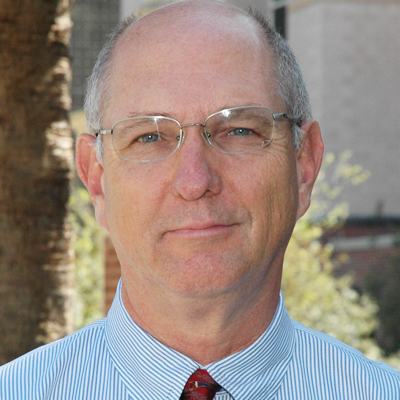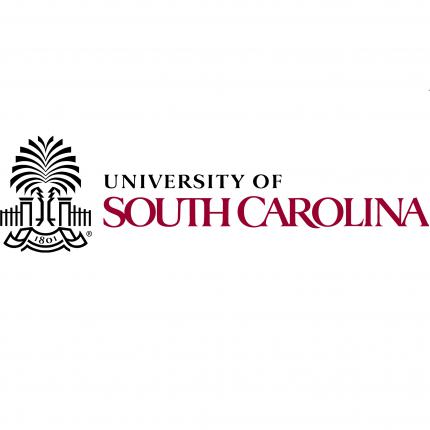20 years of observation illuminates how people are affecting climate change
Climate change--we have all heard that the Earth is warmer now than it was 100 years ago. However, some disagreement still remains over whether this warming is due to the natural cycle of climate variability or if humans are driving the higher temperatures. Dr. Robert Thunell, of the University of South Carolina, is a biogeochemist who studies the impact of climate change on marine ecosystems on a variety of different time scales thereby hoping to settle this argument. Perhaps most importantly, Dr. Thunell's work puts recent climate change into the context of how Earth's climate has changed over the last several thousands to tens of thousands of years. His work indicates that humans are in fact driving both the rate and magnitude of climate change as the change in the last century is outside of the range of natural variability. Therefore, his work may become instrumental in how we alter the human activity that may be threatening our planet.
As one of the founding Principal Investigators of the Cariaco Ocean Time Series, Dr. Thunell's research has documented significant changes in the marine ecosystem in response to climate change using nearly twenty years of observations and data collection. The Cariaco Ocean Time Series, serving as a platform for the international scientific community, attracts researchers from around the world and is one of only three long-term ocean time series funded by the National Science Foundation. As a unique time-series of oceanographic observations, it captures present ecological, biological, geological, and chemical change in the Cariaco Basin, along the northern margin of Venezuela. Thus, Dr. Thunell's work at the Cariaco Ocean Time Series has allowed him to document significant changes in the marine ecosystem in response to climate change.
In addition to his leadership and collaboration as one of the Principal Investigators at the Cariaco Ocean Time Series, Dr. Thunell's other projects also challenge the scientific community towards pressing questions for our planet's future. Current projects include:
-
Sediment Traps: Dr. Thunell pioneered the use of sediment traps to study the ecology and geochemistry of climatically-important groups of plankton. His lab studies the present day ecology and geochemistry of groups of fossilized plankton, helping to better understand the wealth of information preserved within the marine sediment record.
-
Future Warming: Dr. Thunell studies whether the future warming of the Earth will decrease the oxygen supply to the ocean and increase the areal extent of oxygen minimum zones, which is termed anoxia. He and his colleagues have documented that climate warming leads to a weakening of the easterly trade winds and therefore, if winds resume their predicted weakening trend due to further warming, the ocean's largest anoxic zone will contract rather than expand, as previously thought.
- Ocean Acidification: Dr. Thunell conducts research cruises in the Santa Barbara Basin that are focused on ocean acidification within the California Current System over the last 100 years. He hopes to better understand the effects of changing ocean chemistry on the marine ecosystem and carbon cycling within the ocean. In fact, donors that contribute to Dr. Thunell's research will have the rare opportunity to join him on a research cruise to learn alongside his team!
Bio
Dr. Thunell was fortunate to have excellent mentors at each stage of his education who instilled in him a scientific curiosity about Earth's environment. By the time he entered graduate school at the University of Rhode Island, he had decided to pursue a career in research and was fortunate to have the opportunity to work alongside Professor James Kennett, one of the early pioneers of studying how the oceans have changed through time. Fascinated by the idea that through time, climate had been changing and that there were a variety of processes controlling that change, Dr. Thunell was motivated to dedicate his career to understanding such climate changes and how they impact the oceans.
In his free time, aside from research, Dr. Thunell enjoys gardening, cooking and traveling.
Website: http://www.geol.sc.edu/thunell
In the News
Publications
Videos
Awards
Elected Fellow, 1987
Geological Society of America
W. Storrs Cole Research Award, 1991
Editor's Citation for Excellence in Refereeing, 1994
Elected Fellow, 2006
American Geophysical Union
Elected Fellow, 2006
American Association for the Advancement of Sciences


